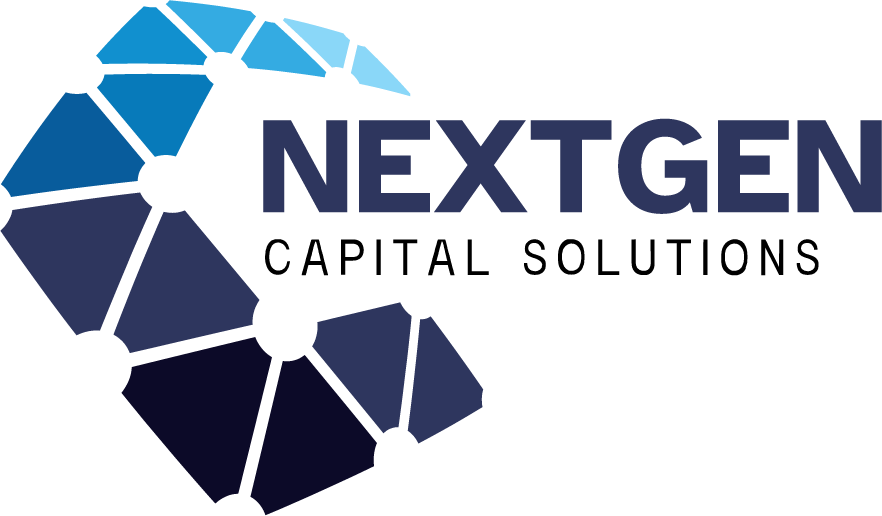Do You Need a High Credit Score to Secure a Business Loan?
For many business owners, securing financing is essential for growth, expansion, or managing cash flow. However, one of the most common concerns is whether a high credit score is necessary to obtain a business loan. While a strong credit profile can improve approval chances and secure better loan terms, there are still multiple funding options available for those with lower credit scores.
This blog explores the role of credit scores in business financing, compares traditional and alternative lenders, and highlights funding solutions for businesses with lower credit ratings.
- Determine Loan Eligibility: Higher scores indicate lower risk, making approval more likely.
- Set Interest Rates: Borrowers with strong credit profiles often receive lower interest rates.
- Decide Loan Terms: Higher credit scores may lead to better repayment terms, such as longer loan durations and lower fees.
- Assess Risk: Lenders use credit scores to evaluate the likelihood of timely repayment.
Why Does Credit Score Matter?
A credit score is a key factor that lenders consider when evaluating a loan application. It reflects a business’s financial responsibility and ability to repay debt. Lenders assess credit scores to:
Although credit scores play a significant role in loan approval, they are not the only factor considered. Lenders also review business revenue, cash flow, collateral, and overall financial health.
Traditional Lenders vs. Alternative Lenders:
Business owners seeking funding can approach either traditional financial institutions or alternative lenders.
Traditional Lenders:
Banks and credit unions typically require high credit scores, strong financial history, and extensive documentation. While they offer lower interest rates, the approval process is lengthy and highly selective. Businesses with lower credit scores may find it difficult to secure loans through traditional banks.
Alternative Lenders:
Online and alternative lenders provide more flexible lending solutions with quicker approvals. They often focus on factors beyond credit scores, such as business revenue and cash flow. Although interest rates may be slightly higher, these lenders offer accessible funding options for businesses with varying credit profiles.
For entrepreneurs with lower credit scores, alternative lending provides opportunities to obtain financing without the strict requirements of traditional banks.
Small Business Loan Options for Low Credit Scores:
Businesses with lower credit scores can still access funding through various alternative financing solutions. Here are some of the best options:
Merchant Cash Advances:
A merchant cash advance (MCA) provides businesses with a lump sum in exchange for a percentage of future sales. It is ideal for businesses with strong daily transactions, such as retail stores and restaurants. MCAs do not require a high credit score, as approval is based on sales volume and revenue trends.
Invoice Factoring:
Invoice factoring allows businesses to sell their unpaid invoices to a lender at a discount in exchange for immediate cash. This option is particularly useful for businesses with outstanding invoices and long payment cycles. Since approval is based on customer payment reliability rather than the business’s credit score, it is a great solution for companies with lower credit ratings.
Alternative Funding:
Alternative lenders offer short-term business loans, revenue-based financing, and unsecured loans that require minimal credit checks. These loans prioritize business performance, cash flow, and future earning potential instead of credit scores. Approval is often quick, with funds available in as little as 24 hours.
Business Credit Cards:
Business credit cards are a flexible financing tool for covering daily expenses, purchasing inventory, or managing operational costs. Some issuers provide options for business owners with lower credit scores, helping them build credit while accessing necessary funding. Timely payments and responsible usage can gradually improve a business’s credit profile.
Microloans:
Microloans are small-sized loans offered by nonprofit organizations, community lenders, and government-backed programs. They are designed to support startups, small businesses, and minority entrepreneurs who may not qualify for traditional financing. Microloan providers often have more lenient credit score requirements and offer favorable repayment terms.
Equipment Financing:
For businesses that need new machinery, tools, or technology, equipment financing is a viable option. This type of loan allows businesses to purchase equipment while using the asset itself as collateral. Since the loan is secured by the equipment, lenders are more likely to approve financing even if the business has a lower credit score.





